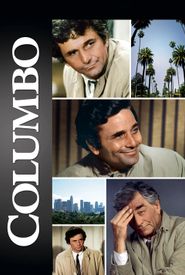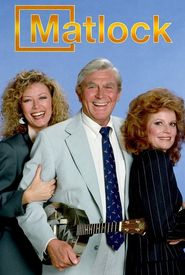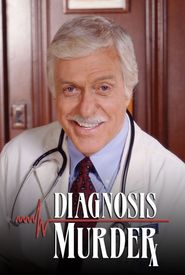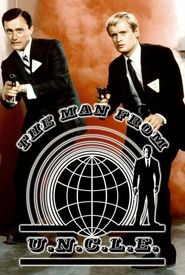Dean Hargrove is a renowned American television producer, born on July 27, 1938, in Iola, Kansas. After completing high school, he was offered a job as a comedy writer, which led to his early success as an Emmy-nominated writer in 1962 for The Bob Newhart Show.
Following the cancellation of The Bob Newhart Show, Hargrove quickly transitioned to writing for My Three Sons in 1963 and later became a staff writer for the spy series The Man from U.N.C.L.E. in 1964. He also contributed to other notable shows, including Jericho and The Girl from U.N.C.L.E., both produced by MGM Television and Norman Felton's Arena Productions.
After leaving The Man from U.N.C.L.E., Hargrove moved to Universal Studios, where he stayed until 1977. During this period, he wrote scripts for The Name of the Game, Columbo, and McCoy, and produced TV shows like Madigan and The Family Holvak, making him the highest-paid writer in history for the studio.
In 1972, Hargrove launched his independent film production company, Strathmore Productions, and wrote and directed The Manchu Eagle Murder Caper Mystery in 1975. Five years later, he left Universal and collaborated with Roland Kibbee to form Kibee/Hargrove Productions, producing Dear Detective and Snavely.
In 1980, Hargrove parted ways with Kibbee and shut down two production companies. He then joined Henry Winkler's production company Fair Dinkum Productions, serving as president and overseeing the production of Gabe and Walker and Ryan's Four.
Two years later, Hargrove left Fair Dinkum and reactivated Strathmore Productions as a TV production company, signing a deal with Warner Bros. Television. During his time at Warner, he wrote a script for an unsold pilot, which was reworked into an episode of Scarecrow and Mrs. King, and served as producer on Goldie and the Bears.
In 1984, Strathmore Productions left Warner and moved to Viacom Productions, where Hargrove worked from 1977-1980. He served as writer/producer on various shows, including Me and Mom, Matlock, Jake and the Fatman, Father Dowling Mysteries, and Diagnosis Murder, often partnering with fellow producers Fred Silverman and Joel Steiger.
Hargrove stayed at Viacom until 1997, when he moved to Columbia TriStar Television. His career at Sony/Columbia included Tequila & Bonetti, As If, Sea of Souls, and Demons. He also signed a deal with Hallmark Entertainment in 2002, working on the "Murder 101", "Jane Doe", and "McBride" telemovies before becoming an independent producer.











































